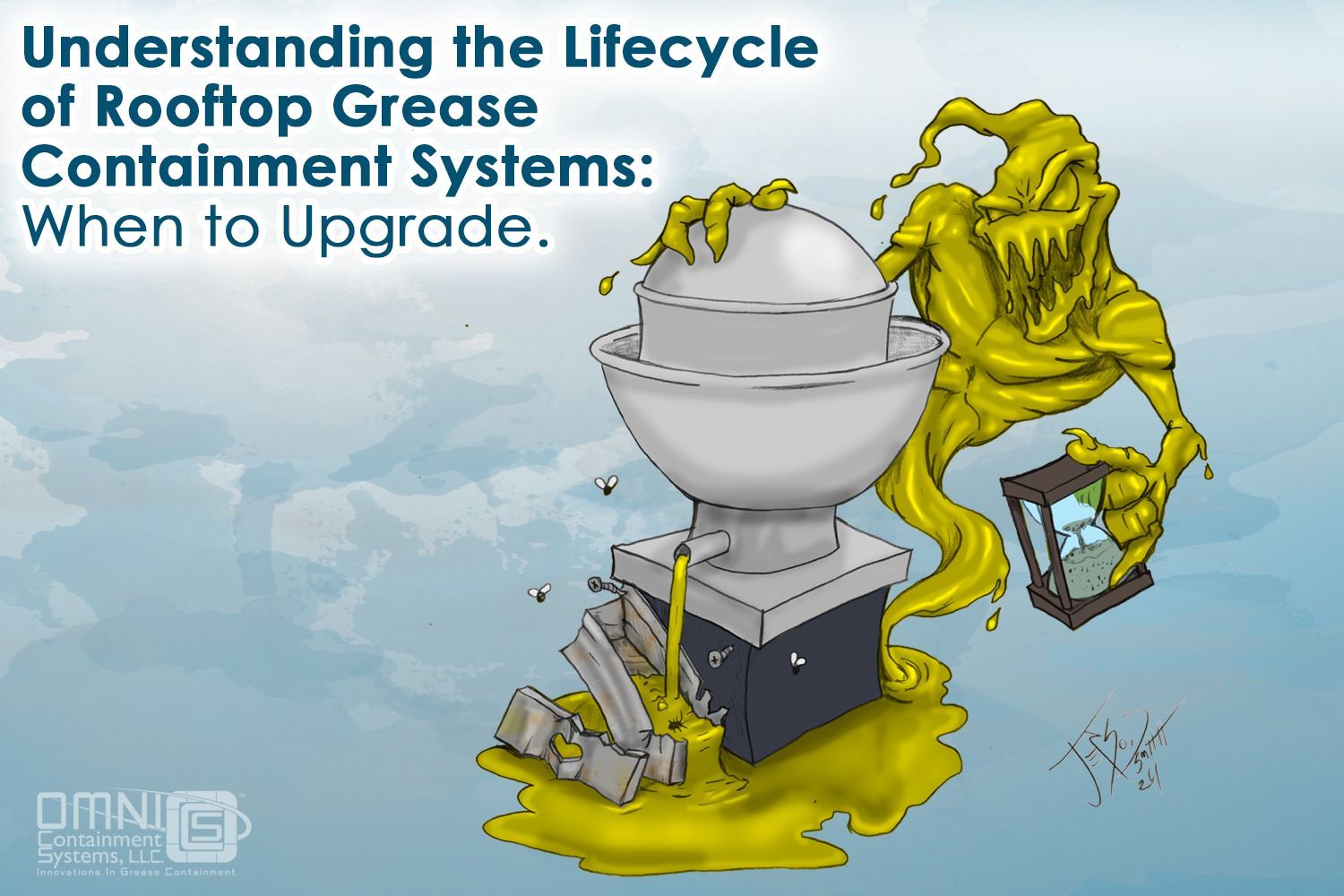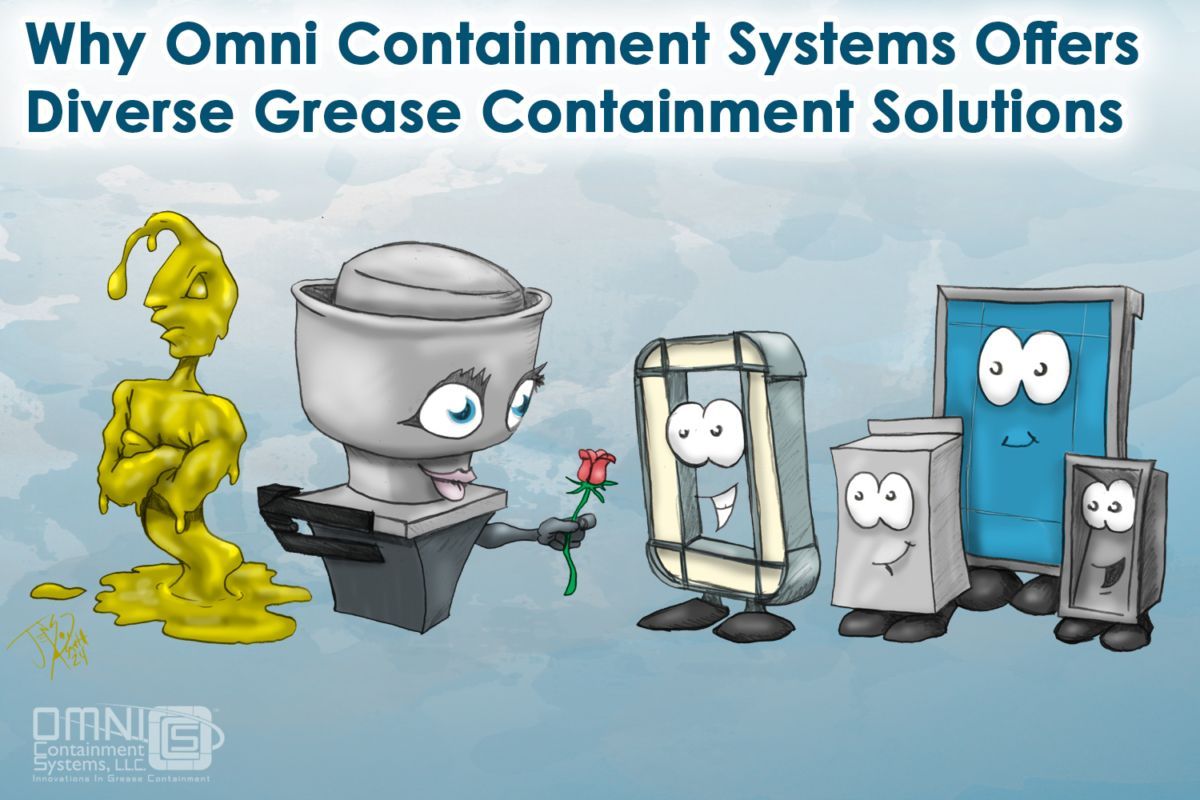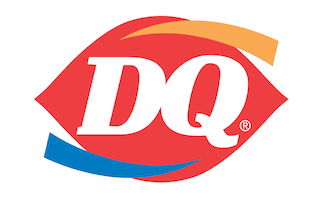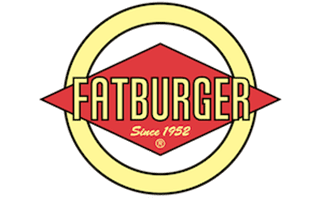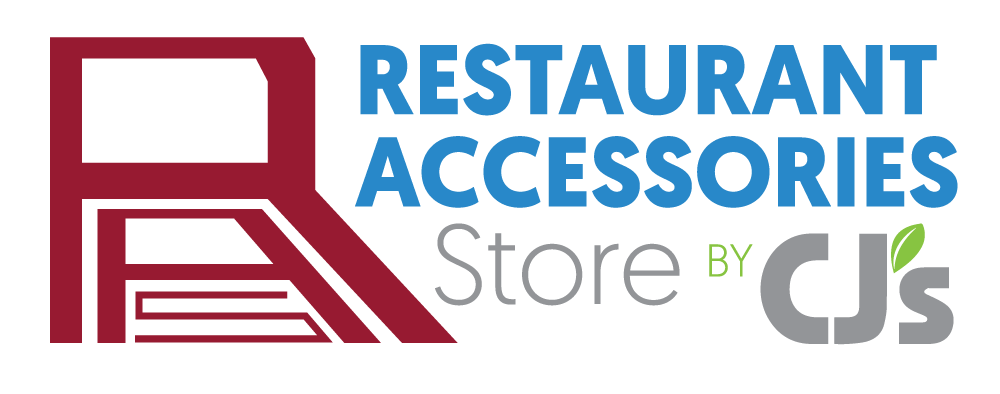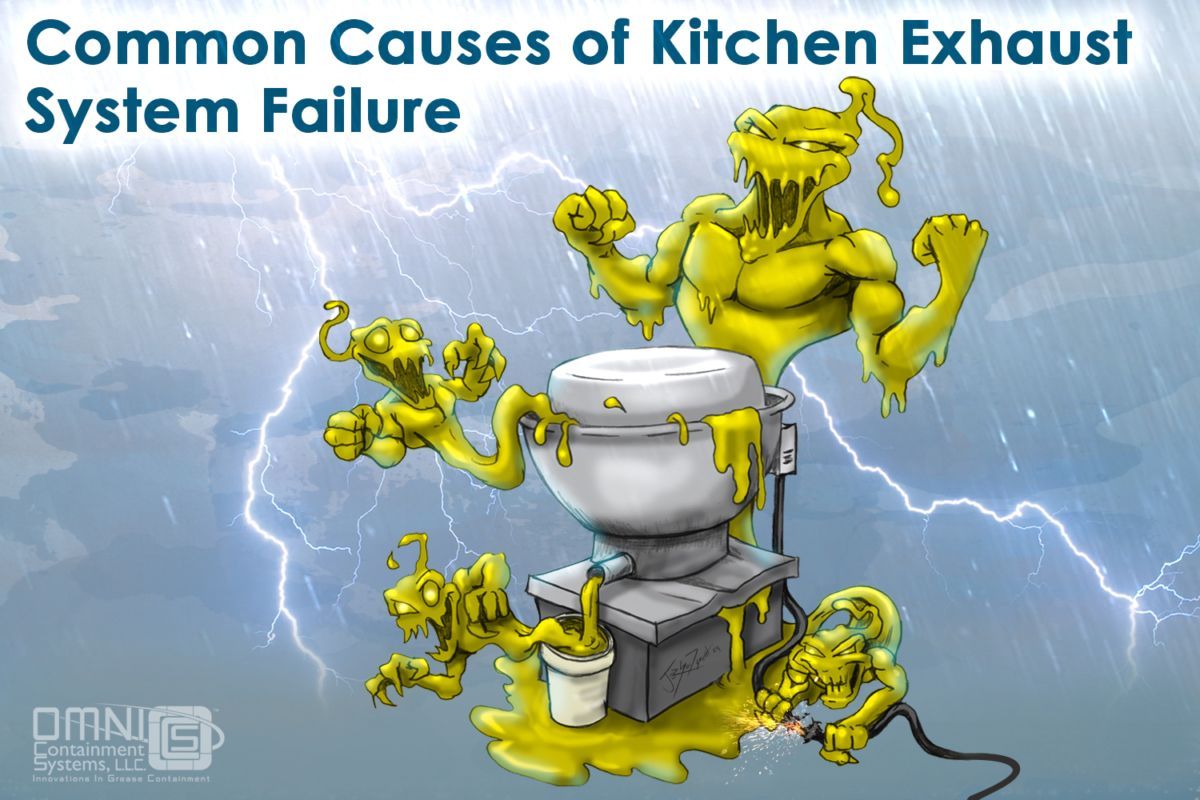
Common Causes of Kitchen Exhaust System Failure
In the bustling environment of a commercial kitchen, the kitchen exhaust system plays a critical role in maintaining air quality, ensuring safety, and providing a comfortable workspace for staff. Omni Containment Systems understands the importance of a reliable exhaust system and the consequences of its failure. In this article, we will delve into the common causes of kitchen exhaust system failure and how to prevent them.
- Grease Buildup One of the most frequent causes of kitchen exhaust system failure is grease buildup. Commercial kitchens produce a significant amount of grease, which can accumulate in the exhaust ducts and fans over time. This buildup can lead to several issues, including reduced airflow, increased fire risk, and motor strain.
Prevention Tips:
- Implement a regular cleaning schedule for the exhaust hood filters and ducts.
- Use an NFPA 96 compliant exhaust fan hinge kit with a service hold open retainer.
- Use high-quality, easily cleanable grease filters.
- Invest in a grease containment system suitable for your kitchen’s grease output.
- Schedule professional cleaning services periodically to ensure thorough cleaning.
- Improper Installation Improper installation of kitchen exhaust systems can lead to numerous problems, including inadequate ventilation, noise, and system failure. Incorrectly sized ducts, poor placement of exhaust fans, and substandard materials can all contribute to system inefficiency and breakdowns.
Prevention Tips:
- Hire certified professionals for the installation of kitchen exhaust systems.
- Ensure that the system design adheres to local building codes and industry standards.
- Use high-quality materials and components to ensure durability and reliability.
- Lack of Maintenance Neglecting regular maintenance is a common cause of exhaust system failure. Components such as belts, bearings, and motors require periodic inspection and servicing. Failure to maintain these parts can lead to wear and tear, resulting in system breakdowns.
Prevention Tips:
- Establish a maintenance schedule that includes routine inspections and kitchen exhaust cleaning services from certified professionals.
- Install access panels every 12 ft and at every change of direction in ductwork per the NFPA 96 code.
- Check grease levels in ductwork with a grease comb that indicates suitable levels of grease accumulation.
- Install an NFPA 96 exhaust fan hinge kit with a service hold open retainer.
- Train kitchen staff to recognize signs of system wear and to report any irregularities.
- Replace worn-out parts promptly to avoid more significant issues.
- Electrical Issues Electrical problems can also lead to kitchen exhaust system failure. Faulty wiring, power surges, and motor failures are common issues that can disrupt the operation of the exhaust system.
Prevention Tips:
- Ensure that the electrical wiring and connections are done by licensed electricians.
- Install surge protectors to safeguard against power surges.
- Regularly check the electrical components and replace any that show signs of damage.
- Airflow Obstructions Obstructions in the airflow can significantly affect the performance of the kitchen exhaust system. Common obstructions include clogged filters, blocked ducts, and improperly placed equipment that restricts air movement.
Prevention Tips:
- Regularly inspect and clean filters to ensure unobstructed airflow.
- Ensure that ducts are free from blockages and that the layout allows for optimal air movement.
- Arrange kitchen equipment in a manner that does not hinder the exhaust system’s operation.
- Fan Motor Failures The exhaust fan motor is a critical component of the kitchen exhaust system. Over time, the motor can fail due to overuse, lack of lubrication, or mechanical issues.
Prevention Tips:
- Conduct regular inspections of the fan motor and perform necessary lubrication.
- Monitor the motor’s performance and replace it if it shows signs of malfunction.
- Ensure that the motor is appropriately sized for the exhaust system to prevent overworking.
- Environmental Factors External environmental factors such as extreme weather conditions, corrosion, and pests can also cause kitchen exhaust system failures. Exposure to moisture, chemicals, and temperature fluctuations can lead to rust and damage to the system components.
Prevention Tips:
- Use corrosion-resistant materials for the exhaust system components.
- Implement protective measures against pests and environmental damage.
- Regularly inspect the external parts of the exhaust system for signs of wear and corrosion.
Conclusion
A well-functioning kitchen exhaust system is vital for the safety and efficiency of any commercial kitchen. By understanding and addressing the common causes of system failure, you can ensure that your kitchen remains a safe and comfortable place for staff to work. At Omni Containment Systems, we are committed to providing top-quality products to help you maintain an effective and reliable kitchen exhaust system.
By addressing these common causes of kitchen exhaust system failure, you can help extend the lifespan of your equipment, improve air quality, and ensure a safer working environment. Regular maintenance and proper installation are key to preventing these issues and keeping your kitchen running smoothly.
Share This Blog Post!
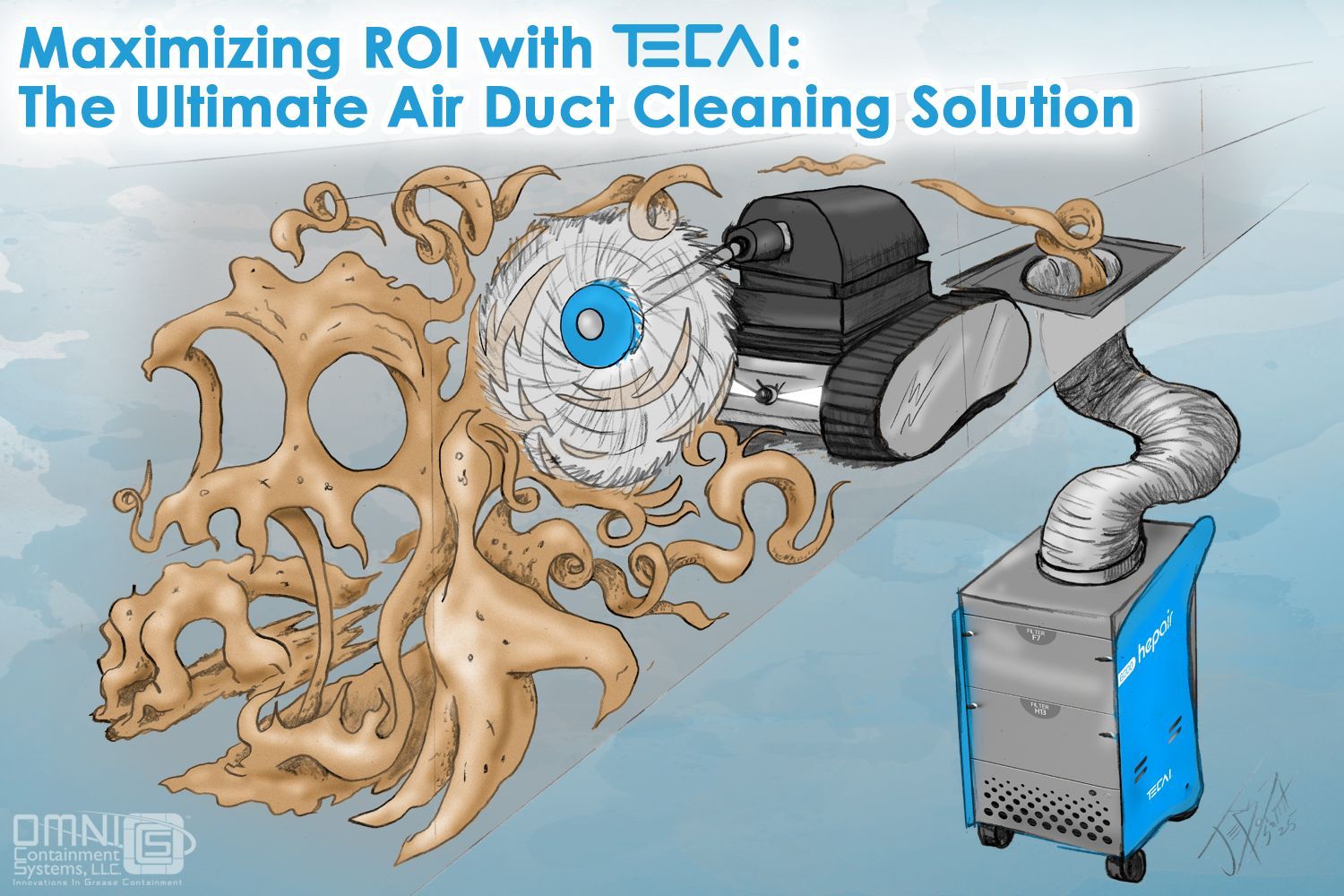

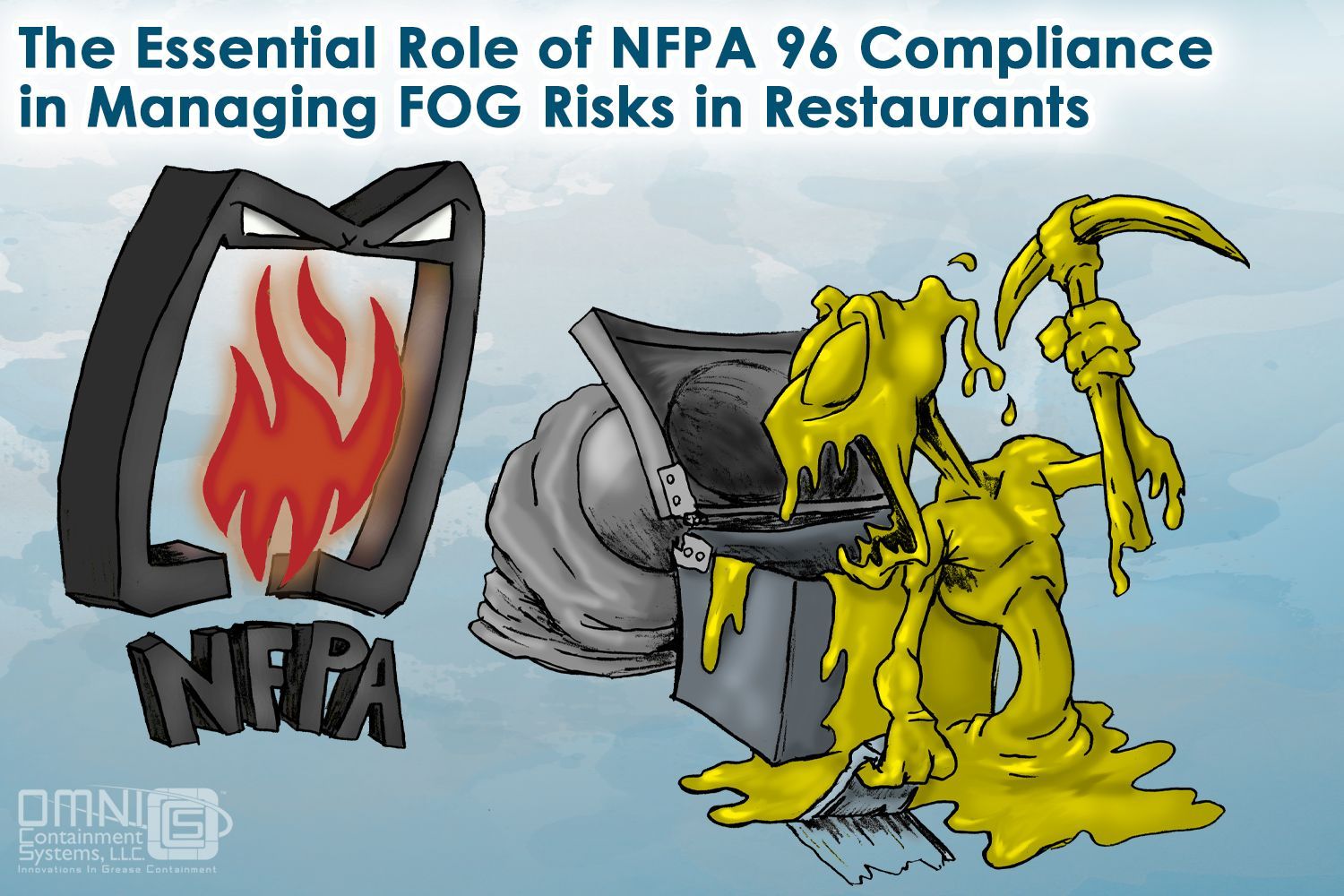

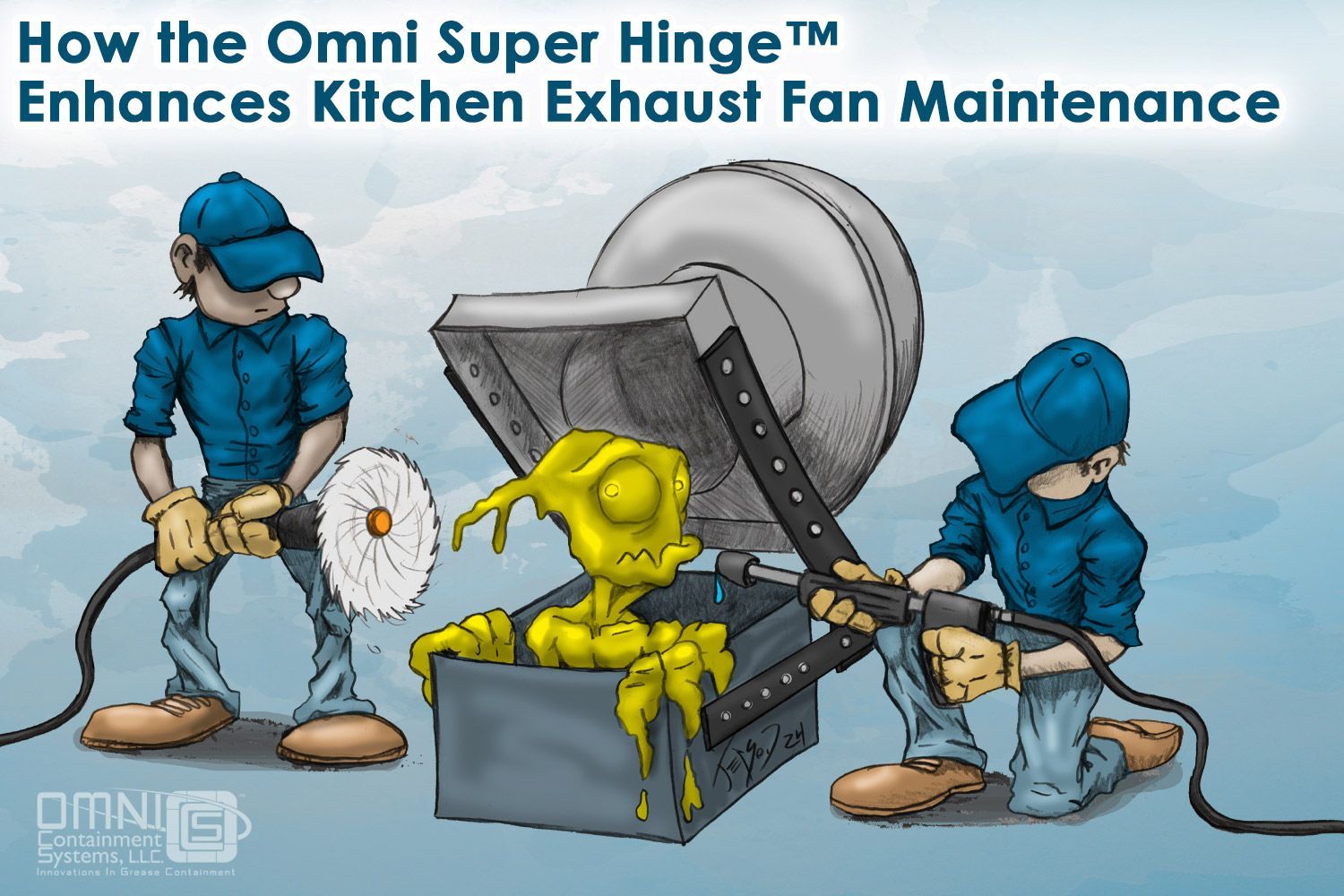

The Role of TEINNOVA in Revolutionizing Duct Cleaning: A Collaboration with Omni Containment Systems
